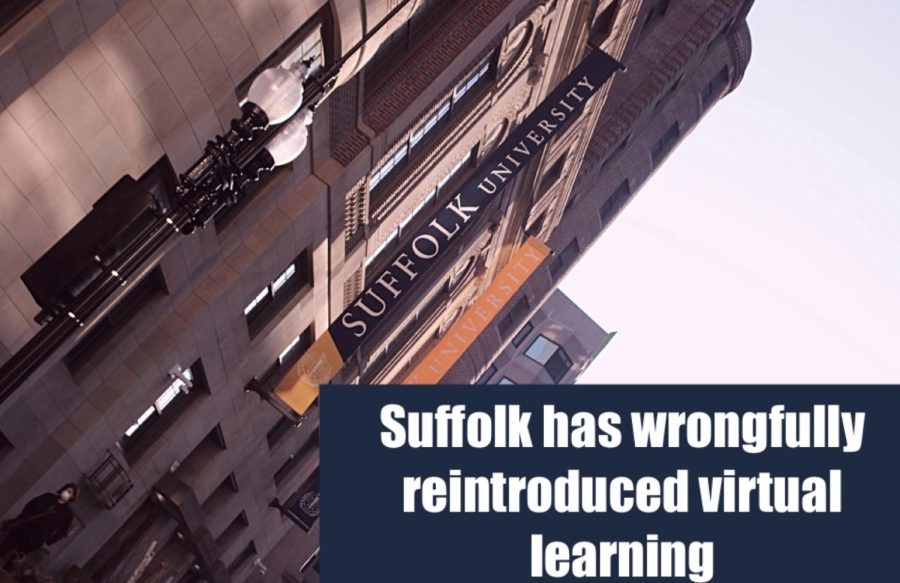COVID-19 has resulted in some of the hardest times students have faced in their life.
In countries with high infection rates, like the U.S., this is without a doubt. The Fall 2020 semester provided a series of struggles, from online learning to other limitations and consequences that have come with the pandemic. At Suffolk University and other colleges, some students have decided not to return for the spring semester. According to a recent survey conducted by Inside Higher Ed., in August 2020, up to 40% of students nationwide have seriously considered taking a gap year.
However, students should not make the decision to take a break from school without considering the question: what is the opportunity cost of taking a gap year?
Opportunity costs represent the potential benefits an individual misses out on when choosing one alternative over another. Hence, the opportunity cost of taking a gap year or a semester off is that you will graduate later than your class. Alternatively, the opportunity cost of staying in school this semester is that there will be a limited on-campus experience.
It is important to stay productive. If students do decide to take time away from classes, they should consider pursuing other full-time experiences instead. For example, internships, employment, learning hard skills, and acquiring unique experiences through specific projects are worth this price. Opting for a semester at a community college is a smart alternative and also an opportunity to minimize costs.
Moreover, what is your purpose in going into higher education? What do you want to attain with your college degree?
Before the pandemic, online learning was mainly an option rather than a necessity. Now that everyone has become accustomed to video calls and meetings, I suggest you appreciate this once in a lifetime learning experience. After everything goes back to normal, you will have at least one skill on your resume: resilience.
Arun Ponnusamy, the chief academic officer at Collegewise, told CBS News, “For most students, engaging in education now and graduating a year earlier than the students who wait it out, they can enter the job market earlier.” Additionally, he mentioned the market and the economy will likely be better in a few years from now.
If the cost of tuition is the reason for a gap year – that is understandable. During a global pandemic, universities should offer a price reduction. However, I also sympathize with people working for education institutions. According to The Washington Post, colleges have spent more on financial aid and mental health resources this year, and have to pay for testing students, faculty and staff. They are in a tough situation in a bad economy. They also lost some students temporarily, too.
If you are interested in taking a gap year, you should check your college’s deferral policy. Some grant one automatically, while others review and approve each request based on its merits.





















